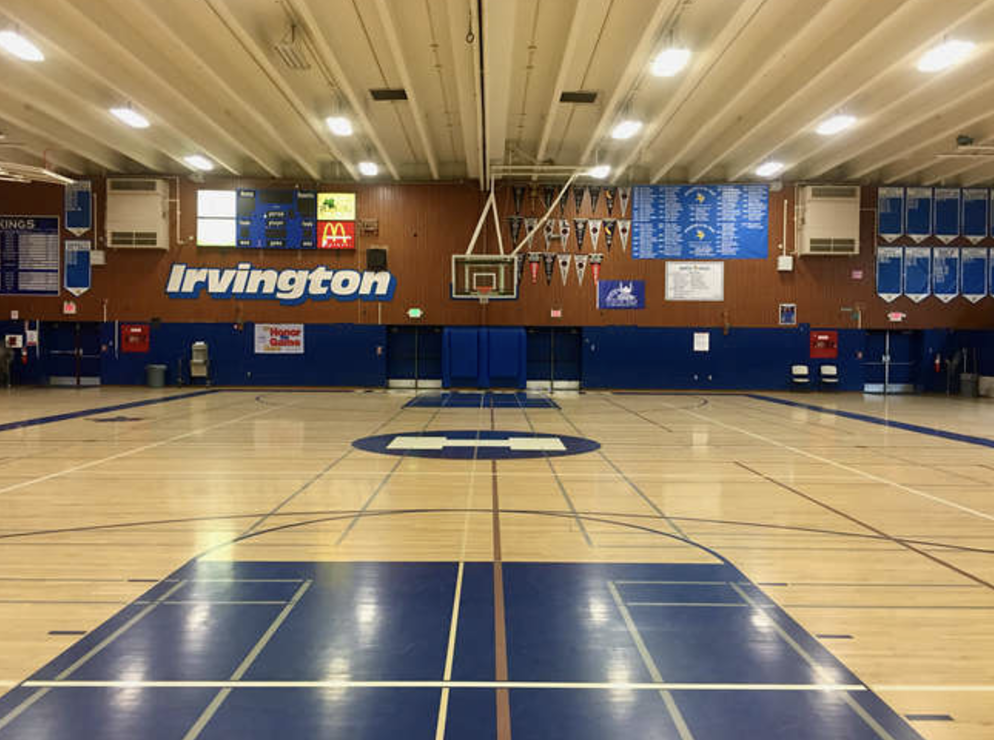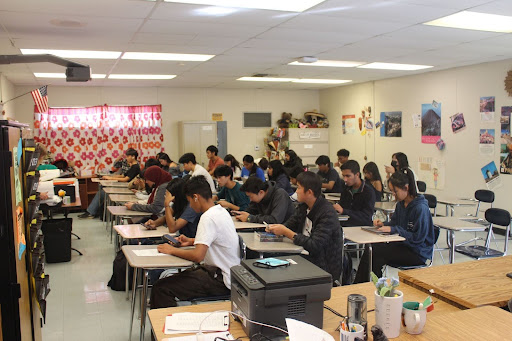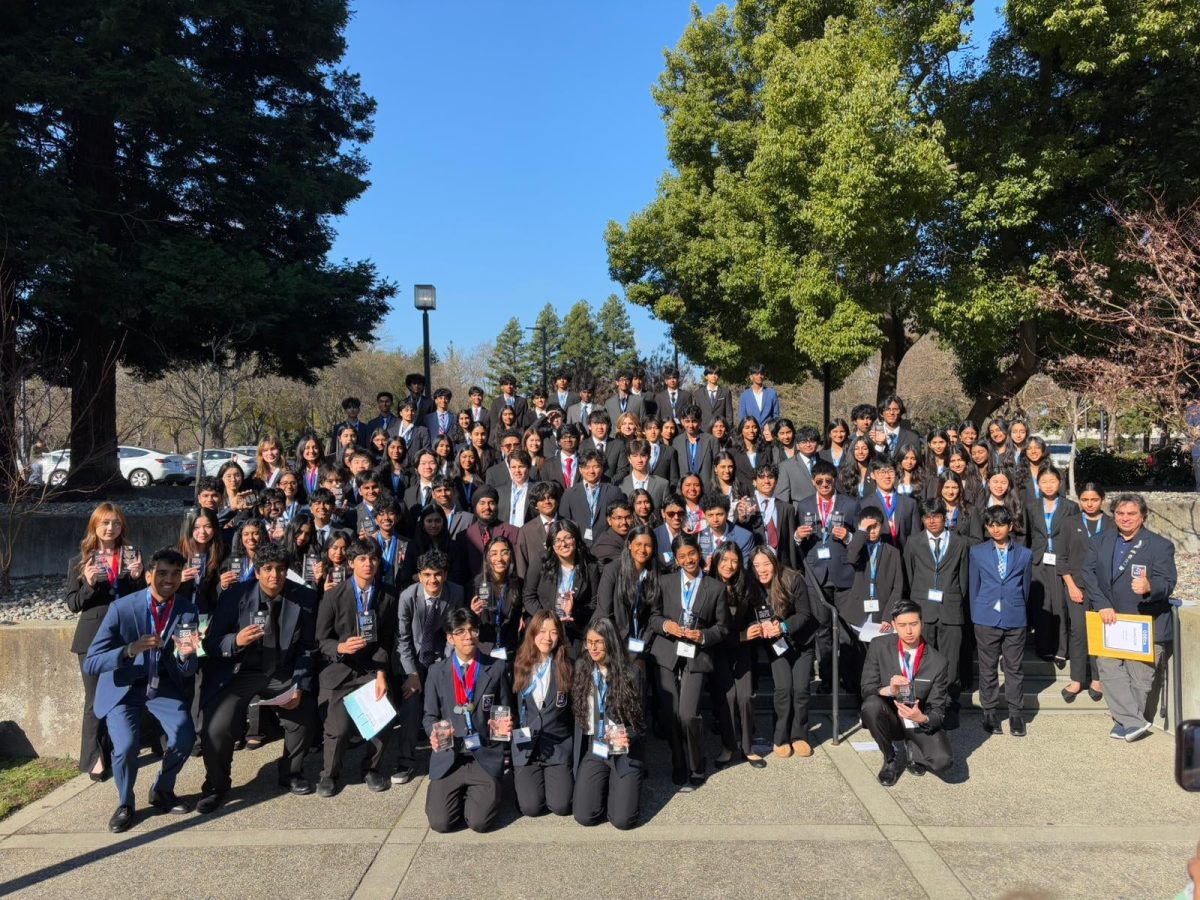By Caitlin Chen | Opinions Editor
Though this year’s Club Rush was subject to a list of requirements released by the California Department of Education’s Nutrition Services Division, many clubs continued to sell foods that did not meet the set standards.
“The requirements weren’t super enforced,” ASB Advisor Mr. Willer said. “This Club Rush, we used the honor system. We showed them a whole sheet of rules. The problem is, with some of the foods at Club Rush, you don’t always have enough information to see if you’re complying with requirements.”
Junior Calvin Tam, ASB Club Commissioner, stated that they would be gradually adding changes, and that at this Club Rush, clubs would be able to continue selling foods as long as their calorie limits were restricted to 350 for entree, 200 for snacks.
“ASB will continue to make changes to Club Rush as necessary, eventually making Club Rush into Michelle Obama’s ideal event, where there are calorie limits and limits on the types of junk food that will be sold,” Tam added.
However, senior Anson Huang, DECA’s Vice President of Public Relations, said that many of the clubs were actively ignoring the requirements.
“A lot of clubs aren’t following any of the rules,” he said. “I think the clubs care more about making money than following these rules, and if we did follow the rules, we’d earn a lot less money, because generally healthy stuff costs more.”
Junior Peony Chung agreed that the changes would hinder Club Rush’s main purpose.
“All the foods students like are considered unhealthy, which is really frustrating,” Chung said. “Besides, Club Rush is also a fundraiser, and taking away the food that students want means less people buying food and less money for clubs.”
However, some students supported the changes to Club Rush, explaining that implementing these new standards would improve student health.
“At first I thought it wasn’t fair that clubs couldn’t sell junk food, but people at school eat so unhealthily,” sophomore Ethan Huang said. “I think limiting Club Rush food options is better for students in the long run, because we probably need to be more fit.”
Junior Class President Riley Sasaki agreed that making an effort to change Club Rush was in the interest of the students. “I personally took a big stand, and I wanted to help change Club Rush,” Sasaki said. “That’s why we made acai bowls, which are healthy and made of fresh fruit. I think it’ll help us in the long run, because when the other clubs convert, it’ll be a really difficult change for them.”
Mr. Willer stated that Club Rush changes would be gradual.
“As long as we’re improving constantly it’s a good thing. You can’t expect to have all these rules change and be perfect the first time out,” he said. “A lot of clubs made a really good effort to bring healthier foods. Now that some clubs can see good examples of that, it might take some of the fear out of that we can do this, we can still make money, we can still sell. Looking at the profits, I don’t have exact figures, but it looked on par with what they usually made. There weren’t any significant drop offs from clubs who were selling healthier items.”




















